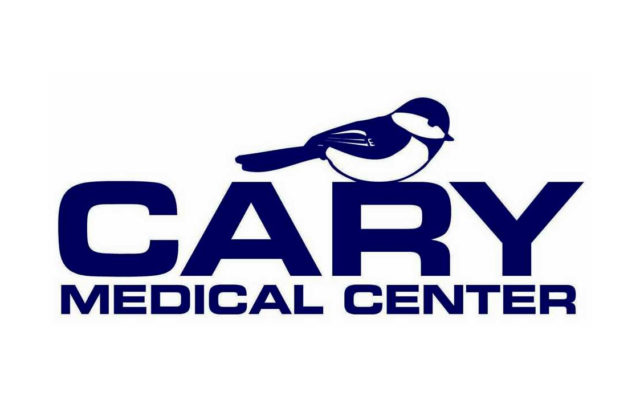CARIBOU, Maine — Cary Medical Center will convene a town-hall-style community meeting on Thursday, May 11, at 6:30 p.m. at the Caribou Performing Arts Center to form a grassroots effort to strengthen the existing response to substance abuse issues impacting the region.
Bill Flagg, director of community relations and development at the hospital, said the effort is being made possible by a grant from the District Coordinating Council for Public Health, or DCC.
“The DCC has provided a small grant to Cary to organize this community response to this very tragic issue,” said Flagg, who is chairing a project committee. “Nearly every week we are learning of another overdose, and some result in death right here in The County. But the statistics don’t really tell the story. These individuals are children, parents, brothers, sisters, friends and their deaths create such pain and grief. The only way to effectively respond to this crisis is to get the entire community engaged.”
Eleven years ago, responding to a similar crisis, the Caribou Alcohol Drug Education Team, or CADET, held a public meeting which drew some 1,700 people to Caribou High School. The Performing Arts Center was full to capacity and spillover crowds watching the meeting on live video in the cafeteria. It was one of the largest public gatherings ever at the school.
Mark Shea, Power of Prevention project director and manager of the Drug Free Communities Aroostook Substance Abuse Prevention Program, said while he does not expect a similar size crowd May 11, he hopes people will come prepared to get involved.
“There are many parts to this substance abuse issue,” said Shea, who also serves as community outreach for the DFC grant. “That is why we need the entire community to come together and collectively help come up with solutions. The more people are involved and the more different perspectives presented can really help generate some creative ideas.”
Maine Attorney General Janet Mills recently noted that in 2016, 376 deaths in the state were drug-induced. A “drug death” is identified when one or more drugs are involved “as a cause or significant contributing factor for the death.”
Jan Jackson, community outreach worker for the Drug Free Communities grant, said the increase in drug-related deaths has touched many families in northern Maine.
“Many of us have personal connections to individuals who have died tragically from a drug overdose,” said Jackson, who is coordinating the town hall meeting. “Unfortunately the numbers of drug-related deaths are continuing to climb, up more than 40 percent in 2016. As a community we must get and retain people to collectively continue to work in an organized way to meet the recovery needs of the Caribou community.”
The DCC grant will also help increase the number of support group meetings, including AA and Narcotics Anonymous. Flagg said he also hopes to make more people aware of resources that are available.
The Aroostook Substance Abuse Prevention program has published a substance abuse resource directory and the program is now in the process of updating the publication. According to Mark Shea, the publication has been widely distributed.
“The response to the directory has been amazing”, said Shea. “Organizations from throughout the County requested additional copies and we are making every effort to keep it up to date.”
The community meeting will include testimonies from individuals who have suffered the loss of family members to drug overdose, as well as individuals who are in recovery. The film “Anonymous People” will be shown with discussion to follow. Individuals will be asked to sign up for various volunteer committees who will carry the effort forward.
“This is not going to be a one-shot deal,” said Peter McCorisson, director of substance abuse services at the Aroostook Mental Health Center (AMHC). “We are counting on members of our community, civic organizations and others to step up and work together to impact this problem. It will take all of us if we hope to stem this growing crisis. We do have elements of a Recovery Community in place now but we need to do more and build upon the existing infrastructure.”
AMHC and another local agency, Life by Design, are working with Cary to organize the effort to address the growing drug overdose problem. The Caribou Police Department, area pharmacies, health care providers, individuals in recovery and families impacted by the issue are invited to participate.
To join the effort or learn more about the May 11 event, call Cary Community Relations at 498-1112 or by email bflagg@carymed.org.







